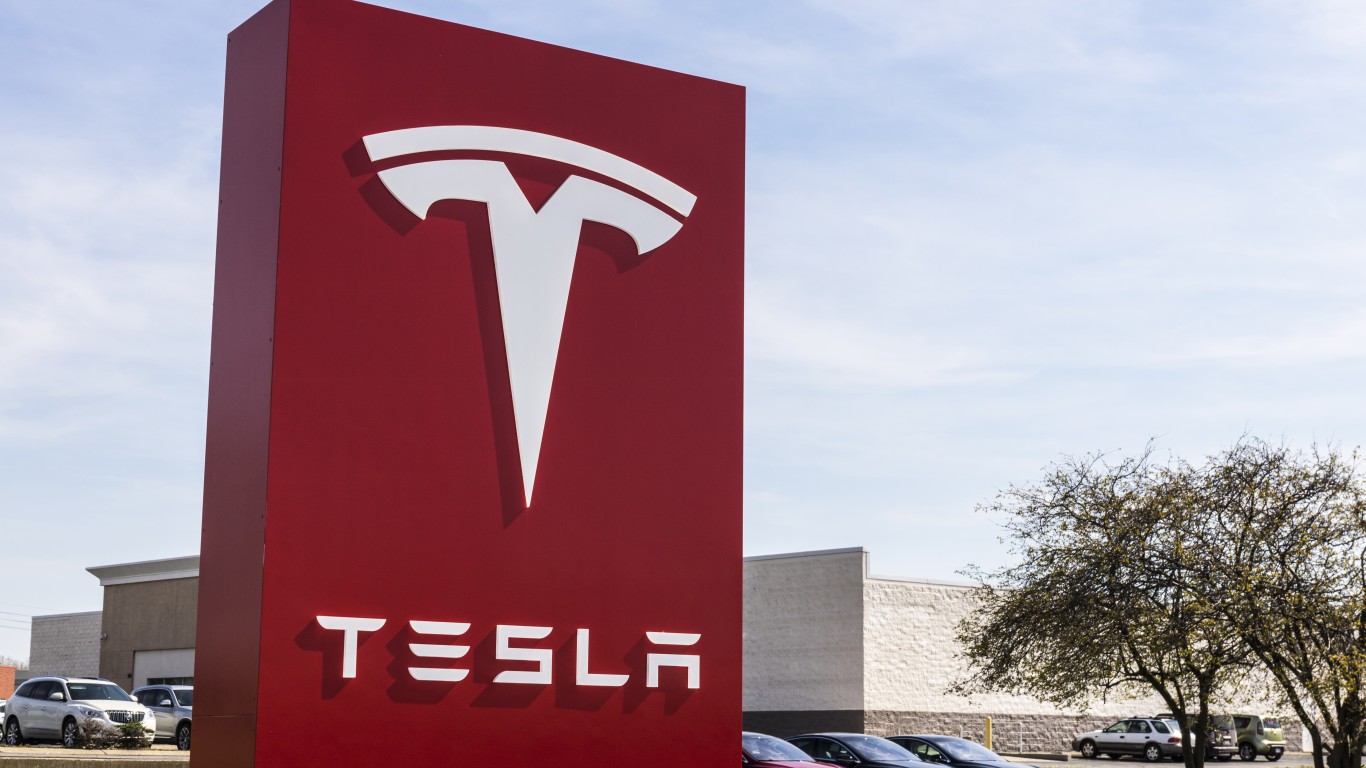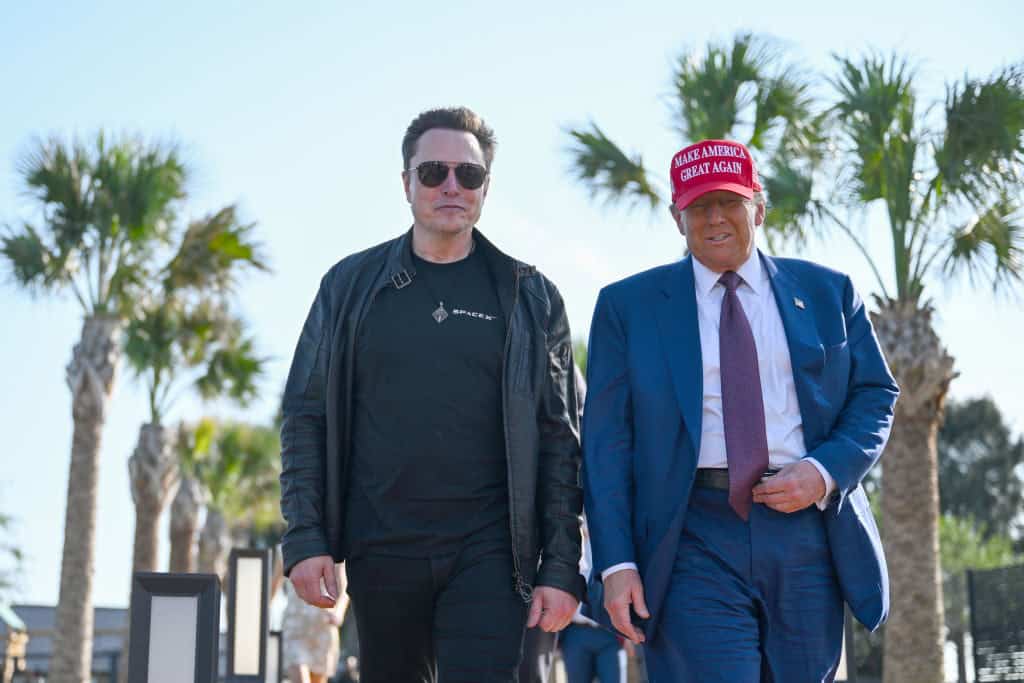Investing
Billionaire Investor Daniel Loeb Slashes Magnificent 7 Stocks to Buy This 1 Instead

Published:

Daniel Loeb is an activist investor who is a well-known titan on Wall Street. His Third Point Capital hedge fund seeks to unlock shareholder value through special situation investing, whether mergers and acquisitions, restructurings, or other catalysts that can spur gains.
He often takes stakes in companies early in their growth cycle to win a seat on their board of directors and influence their business’s direction. Yet not every holding is an activist one, as his significant positions in Amazon (NASDAQ:AMZN), Apple (NASDAQ:AAPL), Meta Platforms (NASDAQ:META), and Microsoft (NASDAQ:MSFT) attest.

In the third quarter, however, Loeb slashed his positions in each of these Magnificent 7 stocks. He reduced his stake in Amazon by 27%, cut his holdings of Apple and Meta by more than half, and sliced 45% off his position in Microsoft.
Although they still make up a good percentage of Third Point’s portfolio — over 21% of the total — he was redeploying his money into nine new positions. Interestingly, one of the larger new purchases he made was in a different Magnificent 7 stock, Tesla (NASDAQ:TSLA).
Since taking the stake at an average buy price of $261.63 per share, the billionaire is already enjoying gains of 50% as the electric vehicle manufacturer’s stock surged following the presidential elections. Let’s see if you should join Loeb in buying or adding to TSLA stock.

Tesla, of course, is known known not only for its EVs, but also for its advancements in battery technology, autonomous driving, and energy solutions. Loeb’s stake reflects a strategic interest in one of the most dynamic and arguably lucrative sectors of the modern economy.
Despite its ups and downs, Tesla’s market position as a pioneer in the EV space remains unparalleled. CEO Elon Musk has managed to maintain a strong brand identity associated with innovation and environmental consciousness.
This leadership in the EV market gives Tesla a significant competitive edge, particularly in an era where global regulations are increasingly favoring green technologies. Loeb likely sees Tesla’s dominant role as a long-term investment opportunity.

Yet it can’t be denied his close association with President-elect Donald Trump also could give him a competitive edge. Although the incoming administration has pledged to eliminate the $7,500 tax credit on EVs while doing away with the loans the Biden administration gave out to encourage more EV manufacturing and battery making in the U.S., Musk has favored getting rid of the credits even though all Teslas except the Cybertruck qualify.
These credits were instrumental in helping drive demand for Teslas early on in its growth cycle. It helped it become the dominant player in the field. Without similar access to credits, it can be argued Tesla’s competition might have a tougher time growing sales.
Musk is also heading up the new Department of Government Efficiency (DOGE) along with Vivek Ramaswamy. The latter posted on X that “DOGE will carefully scrutinize every one of these questionable 11th-hour transactions, starting on Jan. 20,” following the Department of Energy announcing $7.5 billion in federal loans to a Stellantis (NYSE:STLA) joint venture for two battery plants in Indiana and a $6.6 billion loan to Rivian (NASDAQ:RIVN) for its Georgia facility.
Tesla’s recent financial performance might have also caught Loeb’s eye. Although the company has experienced a roller coaster of revenue and profit margins, the third-quarter results of 2024 showed signs of stabilizing. Revenue was up 8% to $25.2 billion, though it missed analyst expectations, but profits surged 17% to $2.2 billion, or $0.68 per share, handily beating forecasts by 25%.
Moreover, Tesla reiterated it will release a new, more affordable EV in the first half of 2025, signaling to investors that Tesla is poised to capture a broader market segment, thus expanding its customer base significantly.
Additional attractive opportunities can be found in Tesla’s Full Self-Driving (FSD) technology, which still holds the promise to revolutionize transportation. Should Musk monetize this technology through subscriptions or licensing, it could open up new revenue streams beyond traditional automotive sales.
Loeb looks like he may have bet on Trump winning the election, which would benefit Tesla’s position in the EV market. He may have also seen signs that Tesla’s dominance of the EV market would continue and some of the bumps it encountered would be short-lived.
That TSLA stock has come so far so fast, though, suggests there could be a temporary pause in further gains. That could be an opportunity for investors to still get in on the stock, which I’ve previously suggested will continue growing and invite another stock split within the next four years.
Thank you for reading! Have some feedback for us?
Contact the 24/7 Wall St. editorial team.